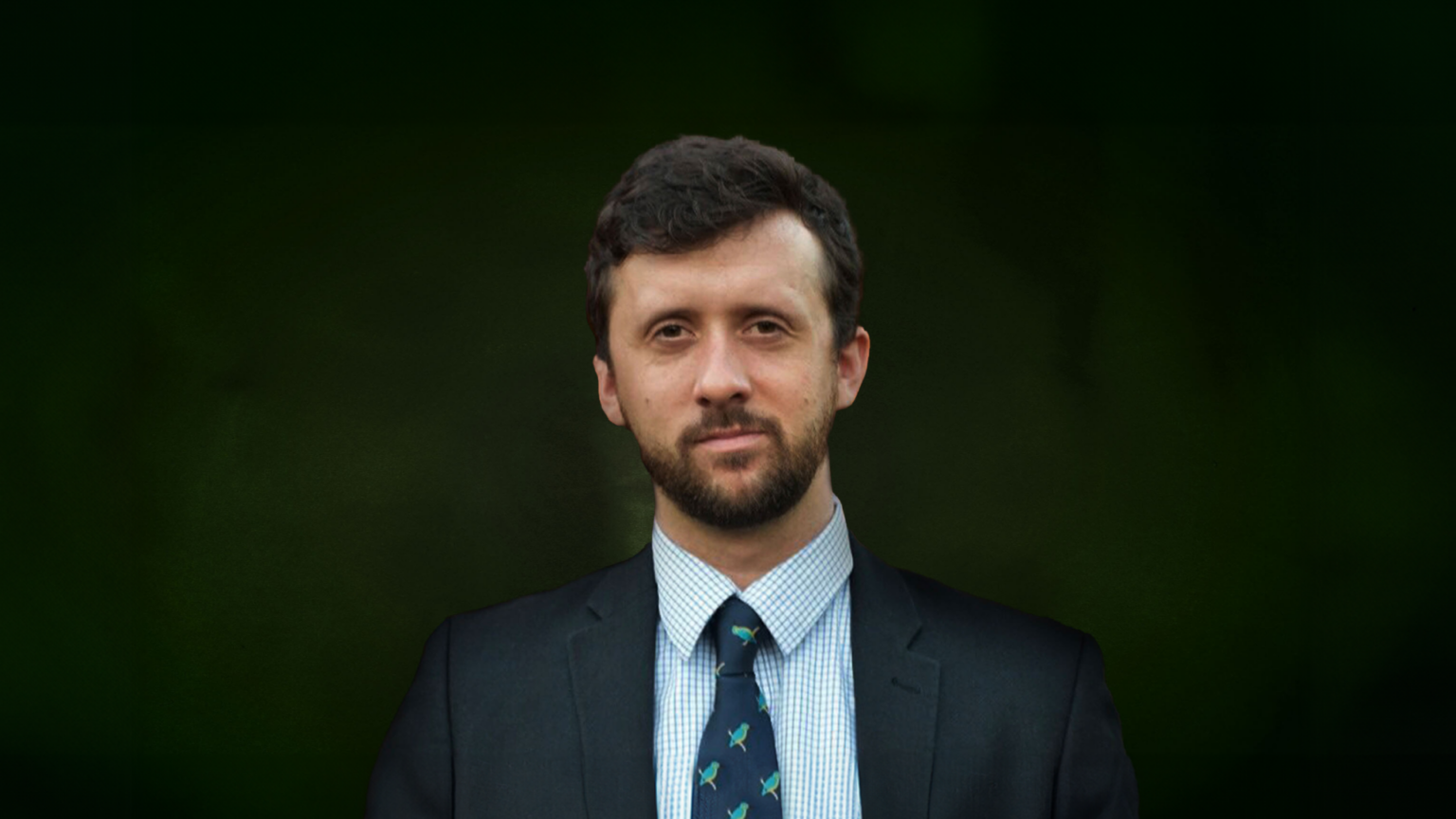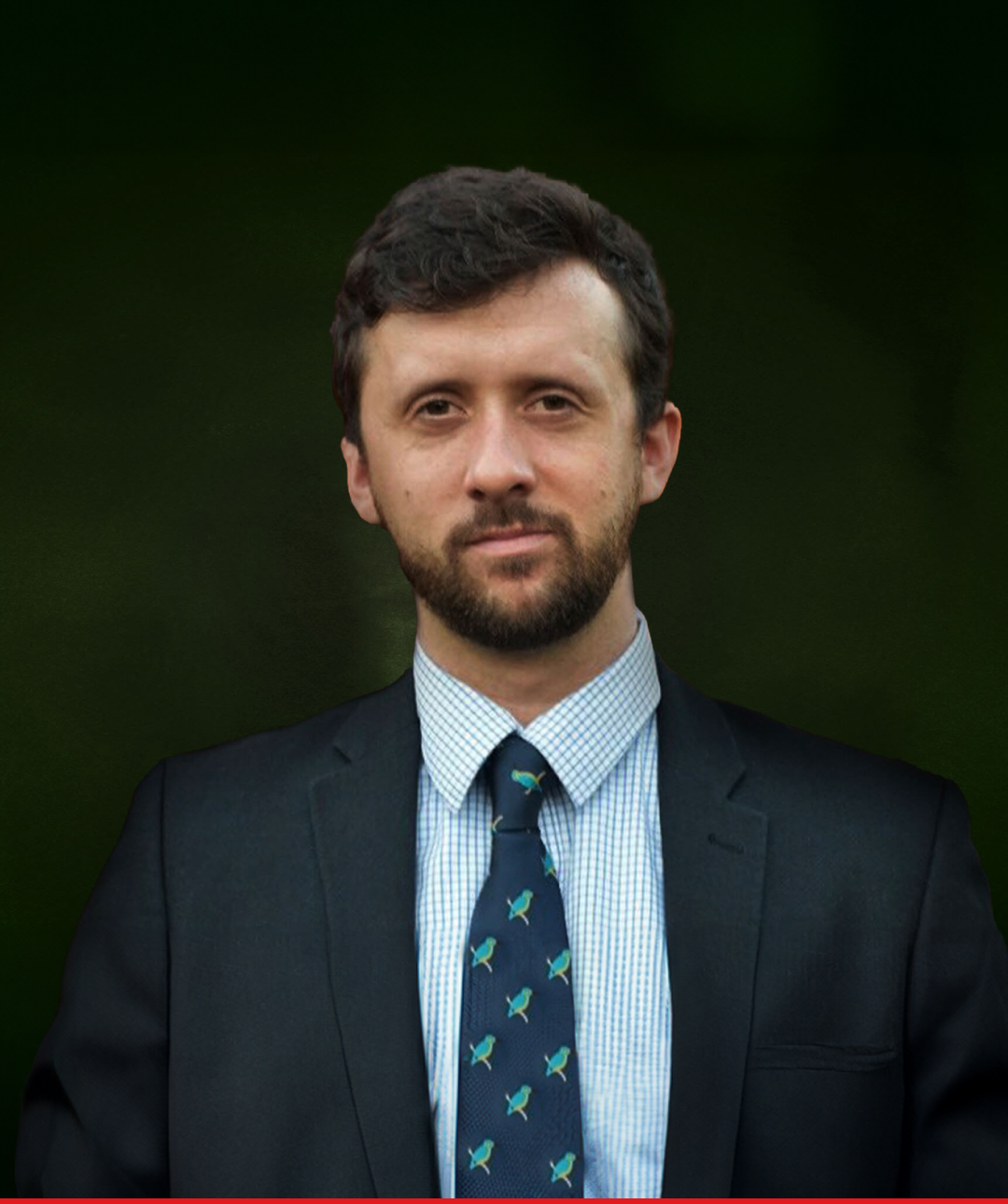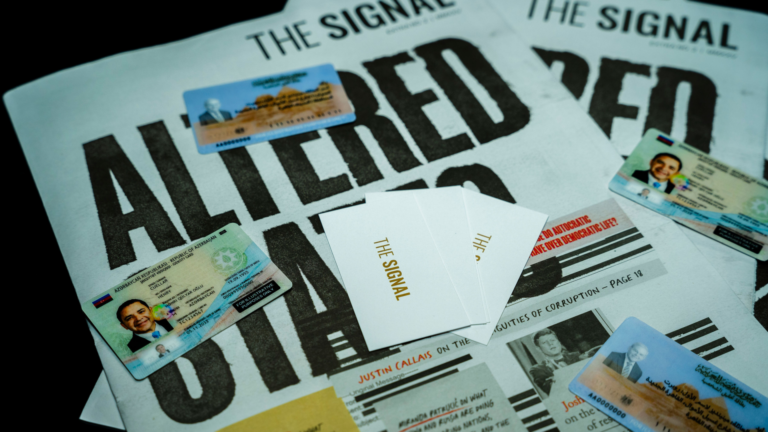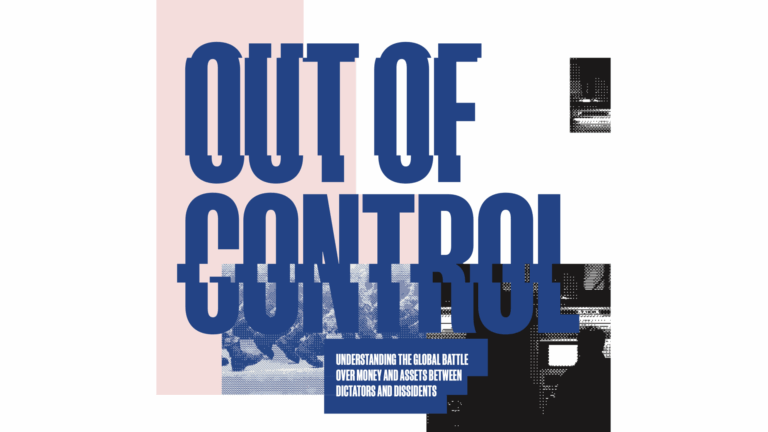HRF is pleased to announce we recently welcomed Casey Michel as the new head of the Combating Kleptocracy Program at the Human Rights Foundation (HRF).
Casey is a longtime HRF community member, former HRF Senior Investigative and Global Magnitsky Fellow, and previous Oslo Freedom Forum panelist. He has an extensive career as a writer, analyst, and investigative journalist, working on topics ranging from kleptocracy, illicit finance, dark money, foreign lobbying, and foreign interference.
We are excited to have Casey and his incredible expertise on board. Soon, he will be regularly publishing an HRF kleptocracy newsletter and spinoff of our Dissidents & Dictators podcast series, “Dictators & Dirty Dollars.” More updates on that soon!
Below is a Q&A with Casey to learn more about him and how he plans to help HRF combat kleptocracy and authoritarianism








